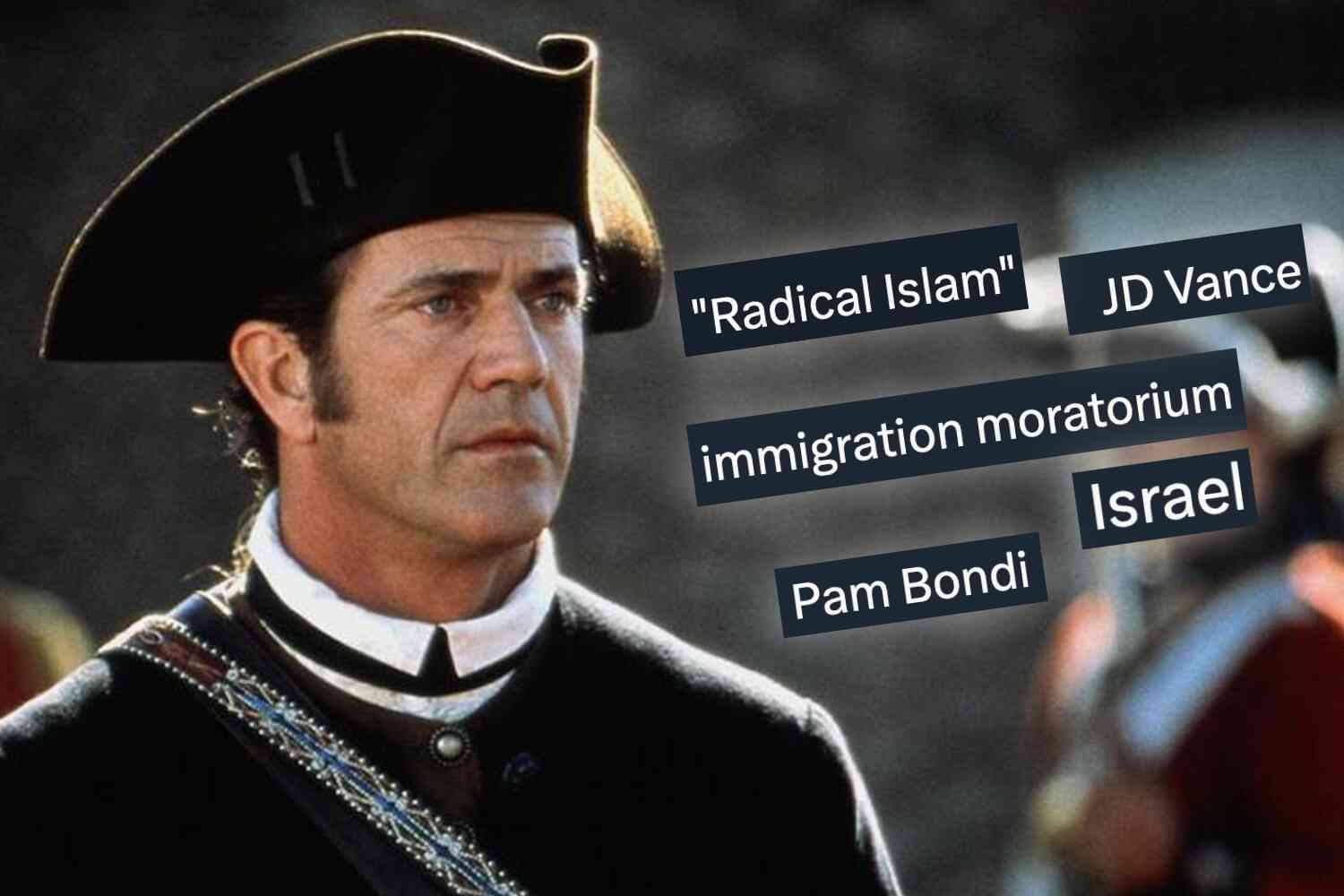I had hoped it was just the angry tweet of a scorned activist, and that it didn't really have legs. Not now. Not after all the debunking and deconstructing of the illogic that undergirds the entire premise. I even chose to ignore it when I first saw it posted, hoping that it was one lady's emotional reaction that she herself might even think better of, and later delete. Why give something like that wings if it's not necessary.
A couple weeks later it seems my hopes were not well placed. There are still people who not only speak this way; they actually still think this way too:
In case you're wondering, yes, Powers is making the implicit argument here that it is inappropriate for people who are "conservative Christians" to use their religion to inform their perspective on what is good law and bad law.
The first thing that always strikes me about this is how precise this discriminatory view is. Only conservative Christians are forbidden the privilege of allowing their faith to influence their politics. When progressives say we have a moral responsibility to care for the planet, or open our borders to migrants, or provide "free" healthcare, or increase food stamps and public housing, are they not supporting such policies because of their own faith?
The presumption that there is a secular world that occupies some religion-less, faith-free space that operates purely pragmatically and totally void of spiritual conviction is staggeringly uninformed.
To be honest, I sometimes tire of making this same point repeatedly, trying to – once again – untie a knot of garbled thinking that had no intellectual basis for being tied in the first place. But nevertheless, it's critical to remind the masses that every law we write legislates some view of morality. It's not a question of whether religious views will inform public policy, but rather whose religious views will – whether it's the Christian religion or a myriad of other ideologically mismatched philosophies that can be categorically designated the ever-present "Spirit of the Age."
My opposition to abortion is certainly predicated upon my religious (or worldview-dictated) belief that murder is wrong. But Powers' view that murder outside the womb is wrong is predicated upon the exact same thing. We write laws against theft, burglary, abuse, corruption, rape, harassment, and everything else because of our moral (read: "religious") opposition to those things. Even something as seemingly amoral as building codes ultimately come down to our religious views. We impose them because we believe it is wrong/immoral to allow innocent people to be endangered or injured by a building collapse caused by poor construction or a fire caused by faulty wiring.
This is the same principle Bart Barber valiantly tried to point out to Ms. Powers:
That is certainly correct. But not just Barber. As others have pointed out, William Wilberforce's courageous opposition to the slave trade was born of religious conviction. Ditto that for Frederick Douglass and his work to expose and end the moral abomination of slavery. And Dr. Martin Luther King, Jr. had no reservations about acknowledging what drove his tireless efforts:
[T]here are two types of laws: just and unjust. I would be the first to advocate obeying just laws. One has not only a legal but a moral responsibility to obey just laws. Conversely, one has a moral responsibility to disobey unjust laws. I would agree with St. Augustine that ‘an unjust law is no law at all.'
Now, what is the difference between the two? How does one determine whether a law is just or unjust? A just law is a man-made code that squares with the moral law or the law of God. An unjust law is a code that is out of harmony with the moral law. To put it in the terms of St. Thomas Aquinas: An unjust law is a human law that is not rooted in eternal law and natural law.
Do I think that Kirsten Powers would want to deprive the world of Dr. King's moral influence? Or silence the righteous voice of Frederick Douglass? Or force William Wilberforce out of the arena of public policy? Of course not.
That's why I think it's so important that she think through what she's saying in the midst of her anger over potential changes to abortion law. We'd all be best served if we didn't try to mute the voices of people whose faith or moral perspective we disagree with, but rather tested all our policy ideas and determine which ones best "squares with the moral law or the law of God."
P.S. Now check out our latest video 👇
Disclaimer: The opinions expressed in this article are those of the author and do not necessarily reflect the opinions of Not the Bee or any of its affiliates.









